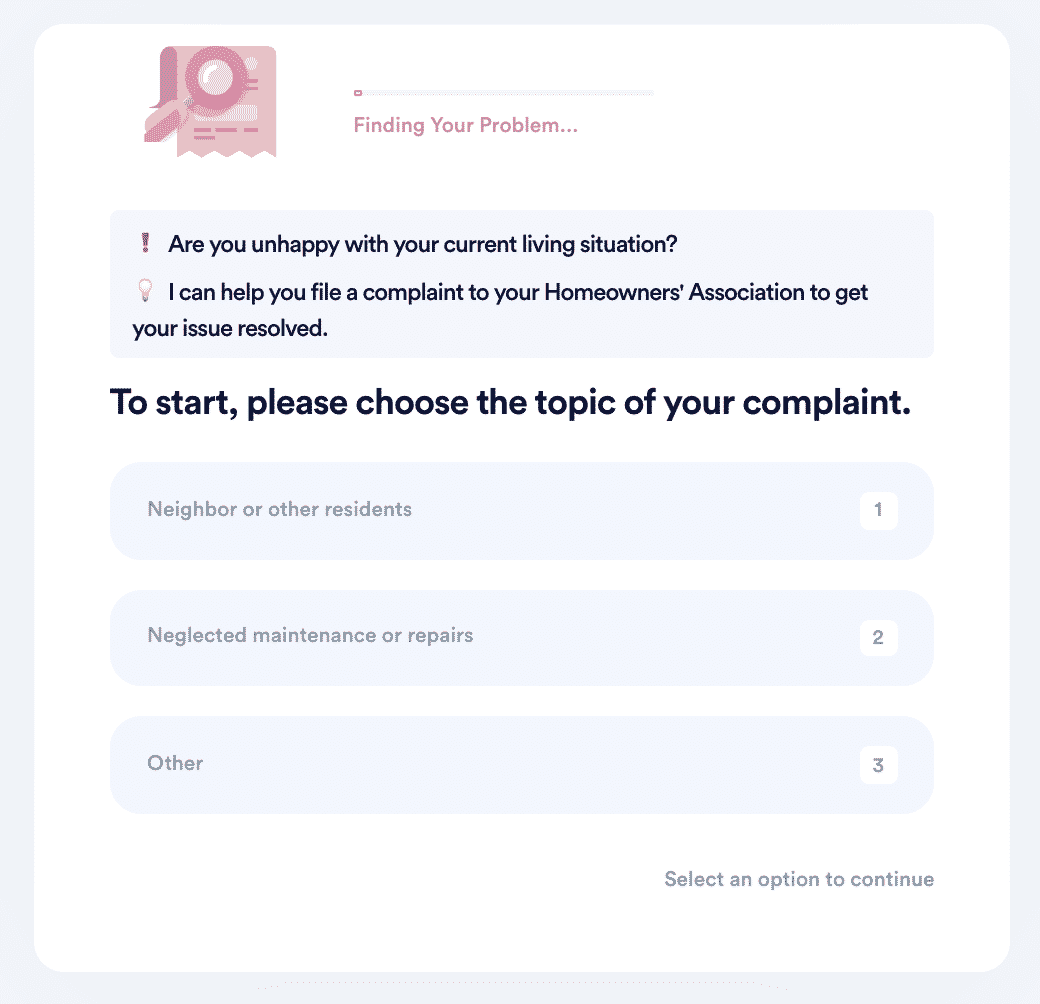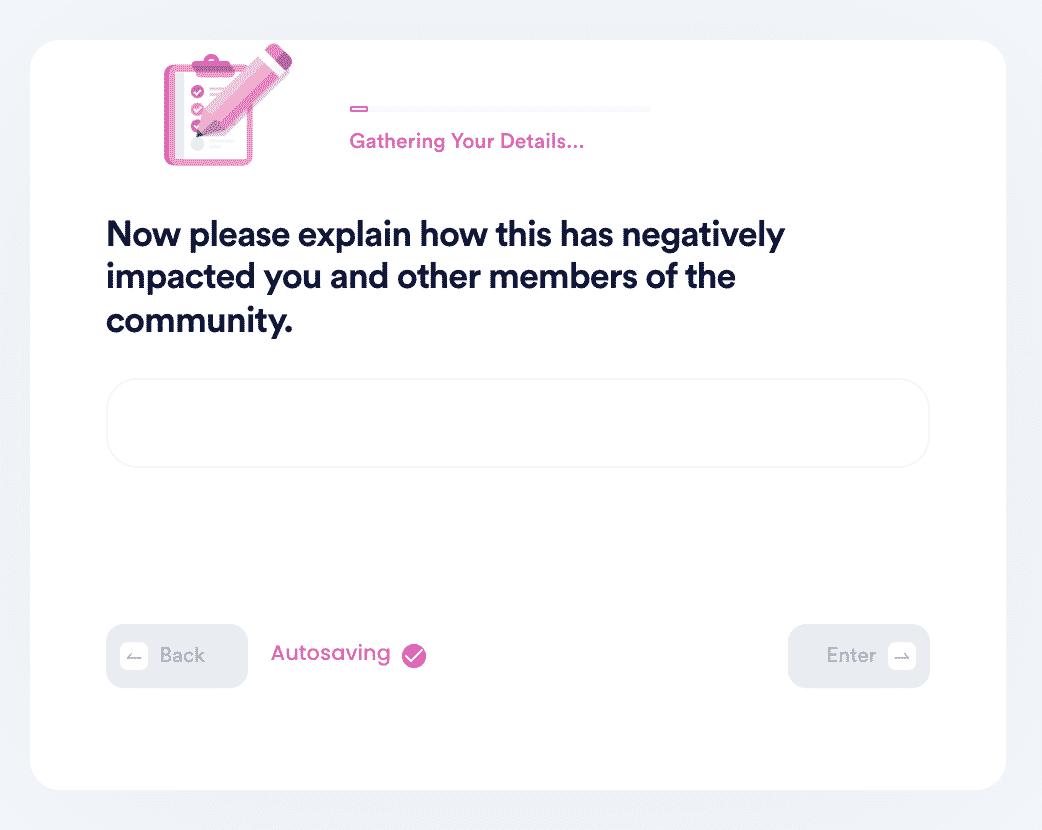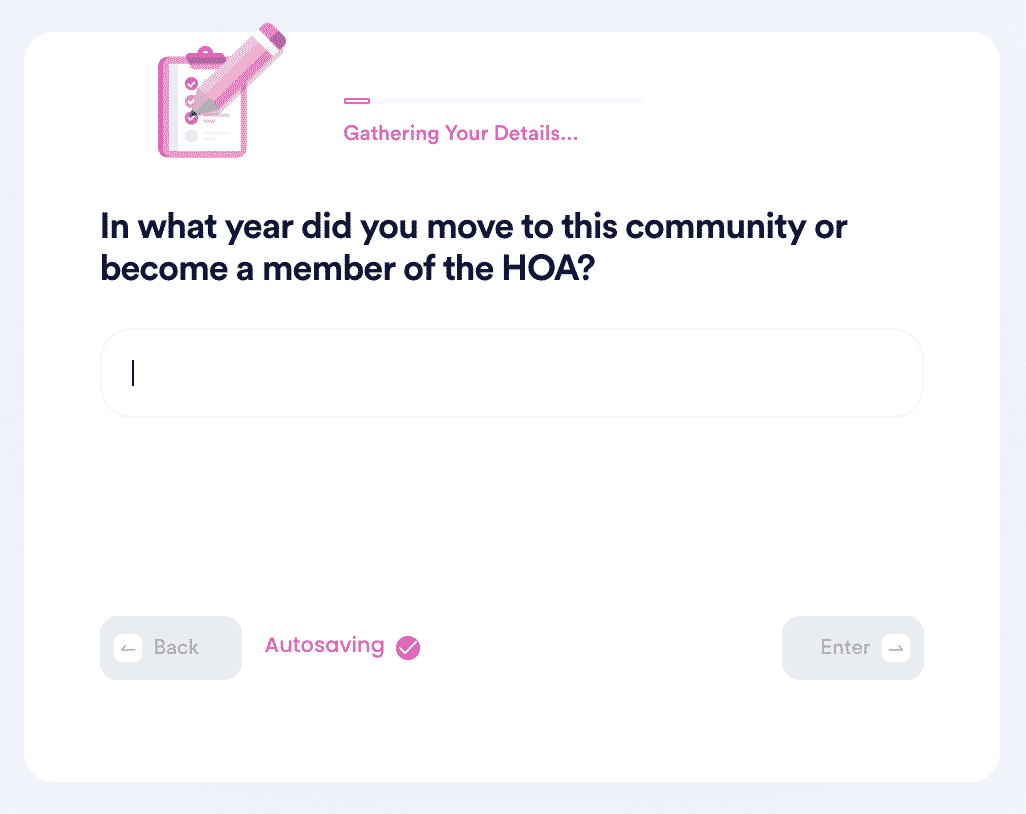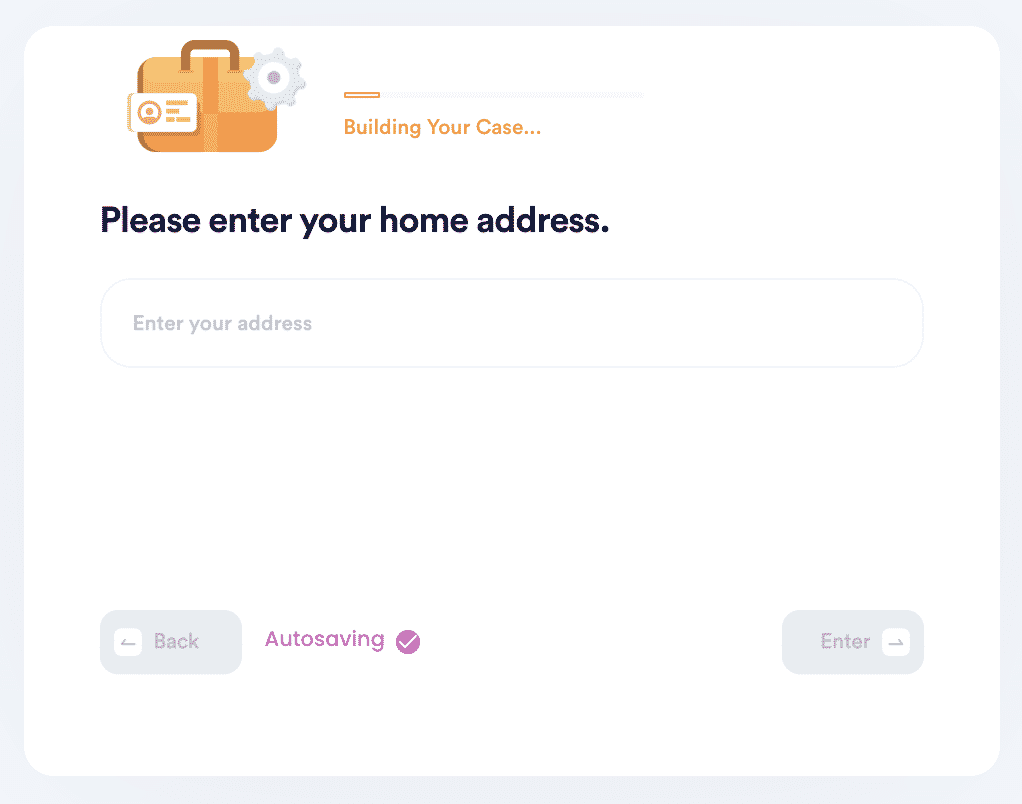What's the HOA Definition of Nuisance Noise For Barking Dog
These days, more people than ever are trading in their lengthy commutes and fancy offices for the comfort and relative ease of remote work. Being able to work from home means that you can receive deliveries, manage small household tasks, and water your plants, all while working your 9-5 job. However, some distinct drawbacks can occur when you are in your home office, not least of which is the annoyance of occasional loud noises from your neighbors.
If you've been dealing with your neighbors' noisy pets, you probably want to know the . Most dogs bark, but there's a fine line between normal pet noise and a nuisance that can quickly become an issue, disrupting your workflow and destroying your peace of mind.
When Is Dog Barking Considered to Be a Nuisance?
Some dogs have a cute yip, while others tend to howl or whine. If you are an animal lover, your tolerance for pet noises might be high - but when your neighbor's dog starts barking loudly enough to interfere with your work or other scheduled activities, you might need to take action.
Every HOA has its own rules and regulations regarding noise violations. Here are some things to know about pet nuisances:
- Loud and/or continuous barking could be considered a nuisance that violates the rules of the HOA, especially if the barking continues for hours on end.
- If a dog barks for extended hours in the early morning or overnight hours, this could be especially disturbing - and most HOAs will consider that when reviewing your complaints about noise violations.
- Owners of problem dogs are responsible for ensuring that their dog isn't a nuisance and could face fines and other serious penalties if the issue isn't properly resolved.
Pet violations are very common in HOAs, but that doesn't mean that they are pleasant to deal with. Owners tend to be very particular about their pets and sometimes don't take kindly to hearing that their pet is being a nuisance. Still, you have rights - and if a barking dog is creating a problem in your neighborhood or condo, you should take action to see that the issue is handled.
How to Handle Disputes Over a Barking Dog on Your Own
There are a few things that you can do to tackle the issue of a barking dog on your own. Here's what you can try:
| Talk to the Dog’s Owner | It's very possible that the dog's owner doesn't know just how much their dog is barking. If the owner is at work during the day, they might genuinely not be aware of the noise concerns. Bringing this to your neighbor's attention before it escalates further is one way to handle the issue - and it might result in immediate results. |
| Reach Out to Animal Control | This option is only viable if you believe that the dog is being neglected or abused, or if you've already exhausted every other option. However, if you see that the dog is being left outside in excessively hot or cold conditions and is not being provided with adequate food or shelter, reaching out to the local animal control is one way to handle the situation and possibly help the animal. |
| Take Your Complaint to the HOA Directly | If talking to your neighbor isn't an option, your next course of action is to reach out to the HOA to file a complaint. The HOA will then take action and investigate your complaint, determining whether the dog truly is being a nuisance and if the dog's owner is violating the terms of the HOA. |
DoNotPay Makes It Easy to File an HOA Complaint
DoNotPay has everything you need to know about the and how you can handle it with ease. Handling sensitive HOA issues on your own can be tricky - but DoNotPay is here to help.
Here’s how to file a complaint with your HOA using DoNotPay:
- Choose and describe the nature of your complaint (neighbors, maintenance, etc).

- Explain how this problem has negatively affected you and how you want the HOA to address the problem.

- Tell us how long you've been a member of this HOA.

- Confirm your home address so we can generate state-specific arguments on your behalf!

And that's it! DoNotPay will generate your complaint letter on your behalf with a two-week deadline for their representatives to either resolve the issue or contact you with more information. All you have to do is drop the letter off to your HOA manager.
DoNotPay Can Handle Your HOA-Related Issues
DoNotPay offers an easy system for you to file an HOA-related complaint so that your issues can be resolved in record time. No more fuss and frustration when you use DoNotPay. Check out what else DoNotPay can do:
- How to handle an HOA noise complaint
- Homeowners association dispute
- HOA discrimination against renters
- What to know about an HOA complaint form
- How to dispute homeowners association late fees
Helping you file a complaint is only a drop in the bucket of our services. These are just a few examples of how we can advocate for you:
- Paying bills
- Discovering and applying for scholarships
- DMV appointments
- Filing a complaint
- Missing money issues
- Reduction of property taxes
- Free trials
 By
By